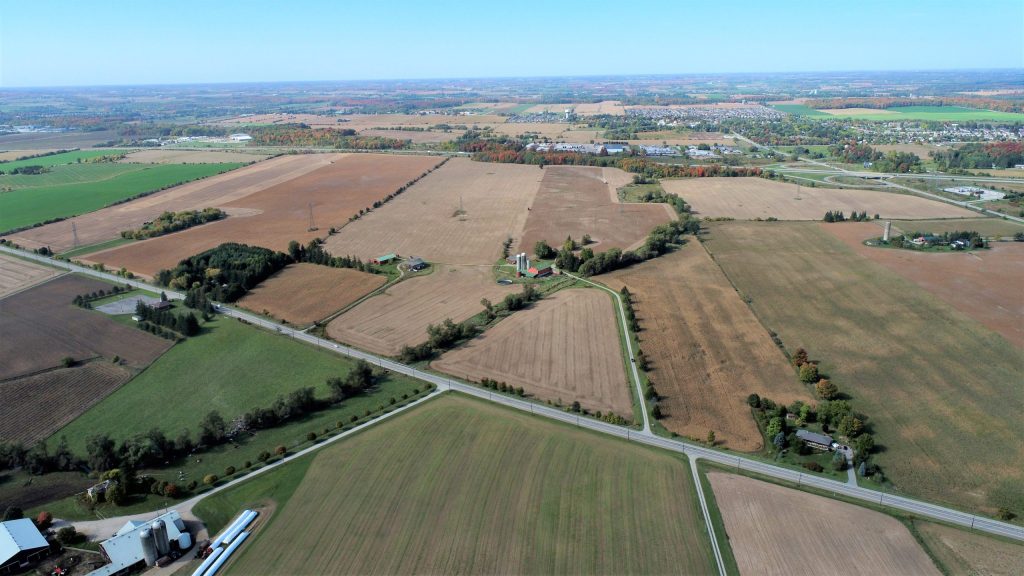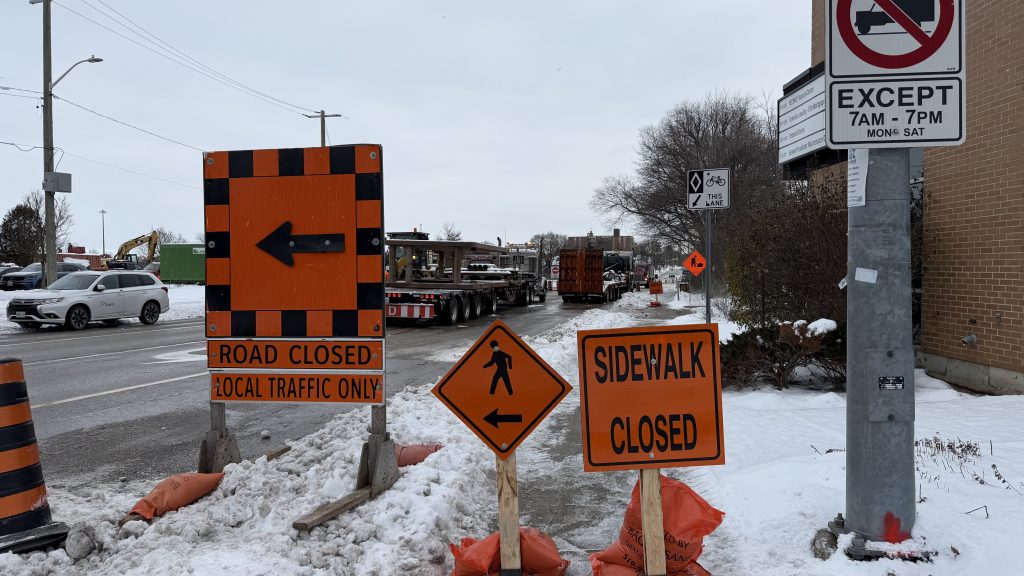Portion of 770 acres in Wilmot purchased by Region of Waterloo

Posted Jul 18, 2024 02:00:00 PM.
Last Updated Jul 19, 2024 01:12:39 PM.
The Region of Waterloo has purchased almost one-third of the 770 acres in Wilmot Township from landowners.
On July 18 in a press release, the region said this is a “milestone” as it hopes to create a “shovel-ready” site for investments. The region has not said what the land could be used for if expropriated.
The process has been under intense scrutiny by two local councillors, a member of provincial parliament and the farmers who the region is buying the land from.
According to the region, it is negotiating fair and equitable agreements for the land.
The purchase of about 256 acres allows the region to complete on-site work including technical analysis and environmental studies.
“Assembling shovel-ready land is about securing thousands of new jobs in our community and bringing billions of dollars to our local economy,” Karen Redman, Regional Chair, said in the release. “We are seeing this type of investment across the province and the positive impact it can make on the lives of residents.”
Waterloo Region has lost investment opportunities from “major employers” because it did not have land available, the release states. Redman said
“We calculate that we have lost over four billion dollars of investment and 5,000 jobs in the last few years by not having large land assembly ready to go,” said Redman in an interview with CityNews 570.
By completing the land transfer, the municipality said it will be able to offer investments to companies that will bring well-paying jobs in fields like construction, logistics and the supply chain.
This specific section of land in Wilmot is attractive to the region because of its size, being close to infrastructure like Highway 7/8, hydro, water and wastewater.
The parcel is not near the Regional Recharge Zone, which protects the supply of drinking water, and is consistently the same landscape throughout the 770 acres.
“I want to recognize that this initiative deeply impacts different people in different ways,” Redman said. “The Region of Waterloo has a long history of balancing the protection of natural resources with needed investments to support growth and quality of life for residents. That vital commitment continues.”
Alfred Lowrick, the spokesperson for the group Fighting For Farmland, said the region’s announcement is “inaccurate.” He said only one farm operation with 160 acres and three residential properties with 0.9 acres, 4.4 acres and two acres have been sold, making up around 21.6 per cent.
He notes that the region is continuing to leave their group and residents in Wilmot and the region “in the dark.”
“If this was a negotiation, we could cite them for ‘bad faith bargaining,'” said Lowrick. “There have been no offers that have come, formally, from the region…. They say they are working to get a ‘fair and equitable deal,’ well we have nothing to go on. So, what is fair in the region’s eyes?”
According to Lowrick, there are four large farm properties and three residential properties left that make up the 770 acre site. He said its possible that the other farmers may sell, but they are not the only stakeholder in the community that would be affected.
“The community residents are going to be saddled with this for a long time; the disruption, the safety issues and on and on,” said Lowrick. “Th growth is going to be enormous and I don’t think those have been addressed.”
The group is currently calling on the Ontario Ombudsman and the Privacy Commissioner to look at the group’s rejected Freedom of Information Act requests and are looking at further legal action.
Kitchener Centre MPP and Green Party Deputy Leader Aislinn Clancy gave the following statement to CityNews 570:
“It is critical that we seek out economic opportunities for the region, but we need to do so without paving over irreplaceable farmland. The Ford government needs to step up and provide support for economic development in the region without putting farmers’ livelihoods and our vital food and farming economy at risk.”








